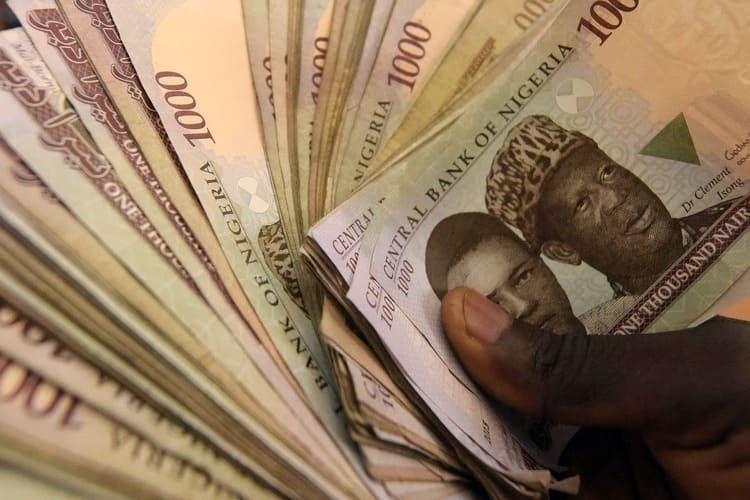Nigerians Turn to Stablecoins to Protect Savings from Inflation

Okeke Leticia Chigozie dreams of opening her own shoe store in Nigeria. Without a credit history, she will not be able to get a bank loan to finance her business. She joined a traditional savings group in her community, often called esusu. These savings groups allow those who do not have access to traditional banking services to save money and get loans or credits. Most of the people who join these traditional African savings groups have low income. Such a savings group consists of about 12 or more people. Its members periodically contribute a fixed part of their income to the communal fund.
The problem, however, is that in inflationary countries like Nigeria and Zimbabwe, the cost of saving could plummet. Stablecoins – cryptocurrencies pegged to a strong fiat currency like the US dollar or a basket of assets to maintain stable prices can be the solution. According to Josh HAWKINS, senior vice president of marketing at Circle, dollar-denominated stablecoins have become an attractive option for individuals and businesses in markets facing local currency volatility and hyperinflation. For example, in Argentina, people are increasingly turning to the DAI, the stablecoin backed by the US dollar.
The CEO of fintech company Xend Finance has created a platform to serve Africa's traditional savings groups. With Xend, community savings groups and larger credit unions in Nigeria will be able to maintain the value of their savings and even generate higher returns by converting their funds into stablecoins such as USDC backed by the US dollar. The Xend Finance platform was created in partnership with TechFusion, a digital platform one of many fintech companies that has begun digitizing the informal savings sector in Nigeria.
Image: The Conversation